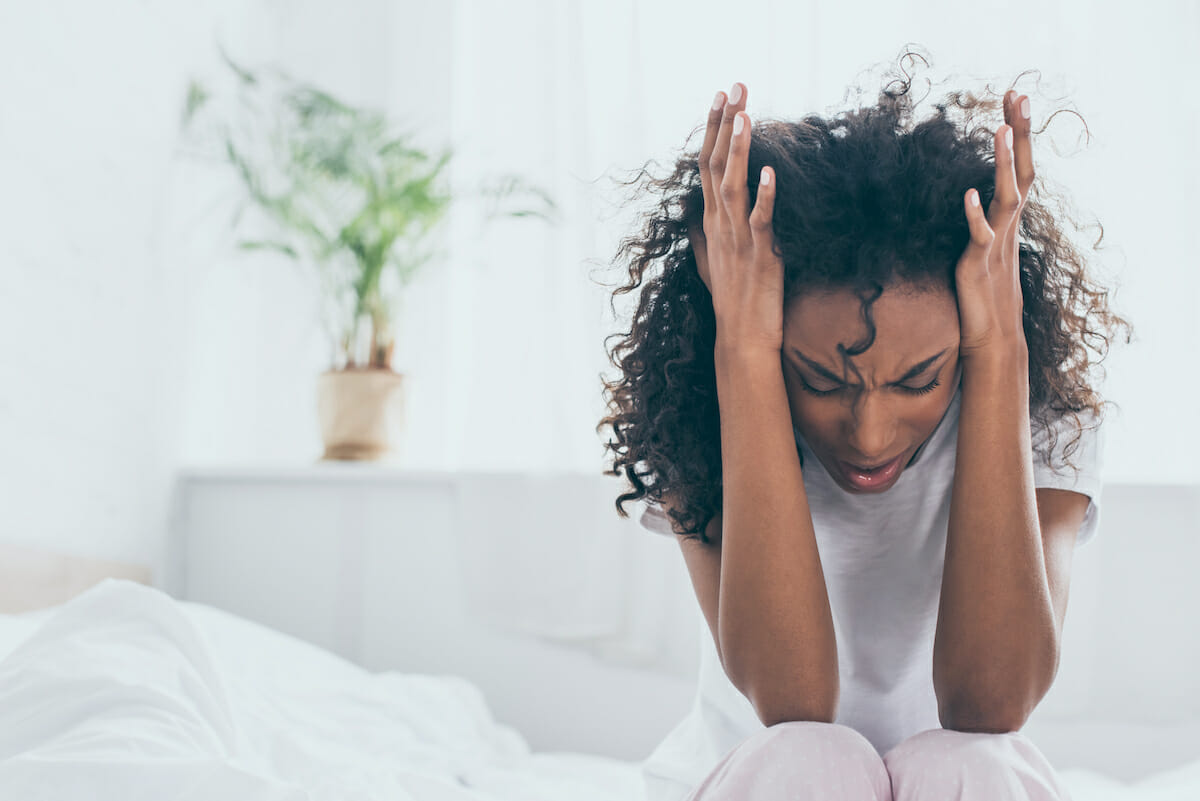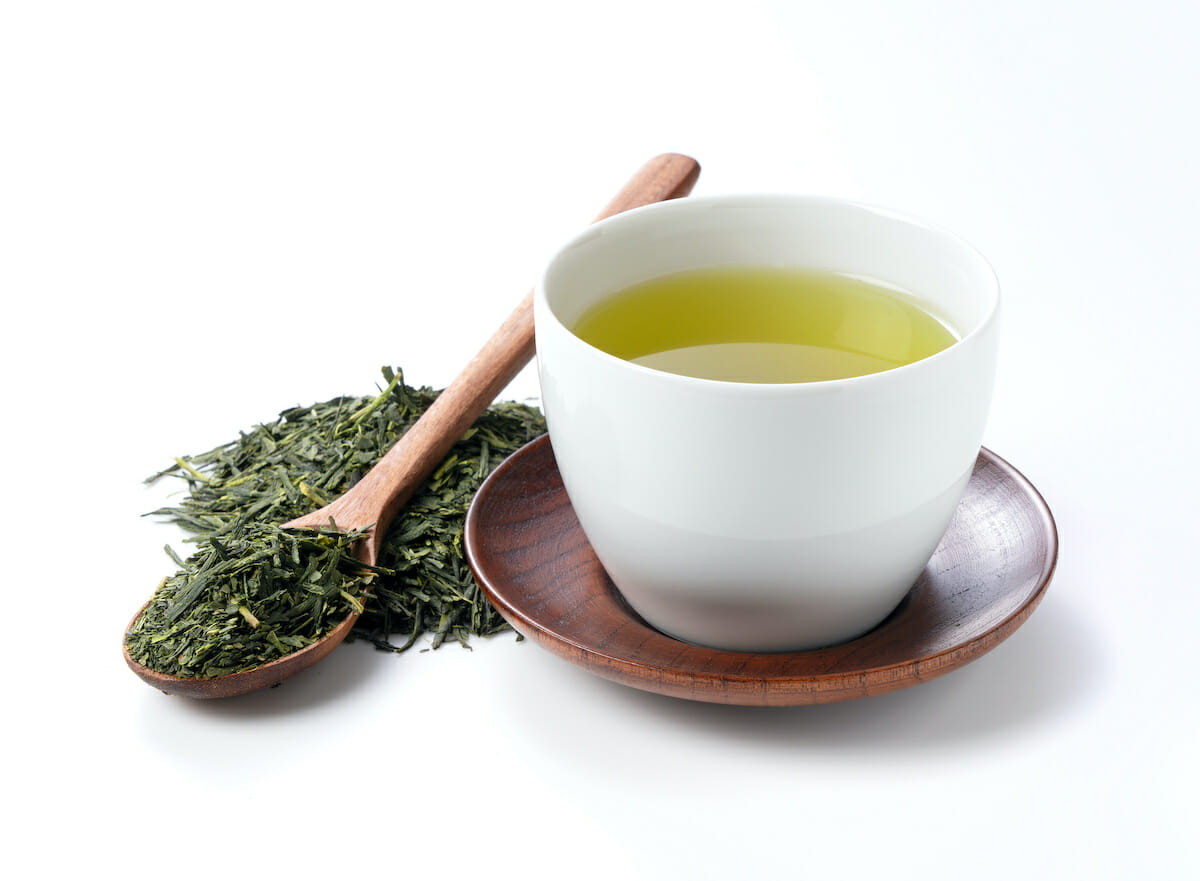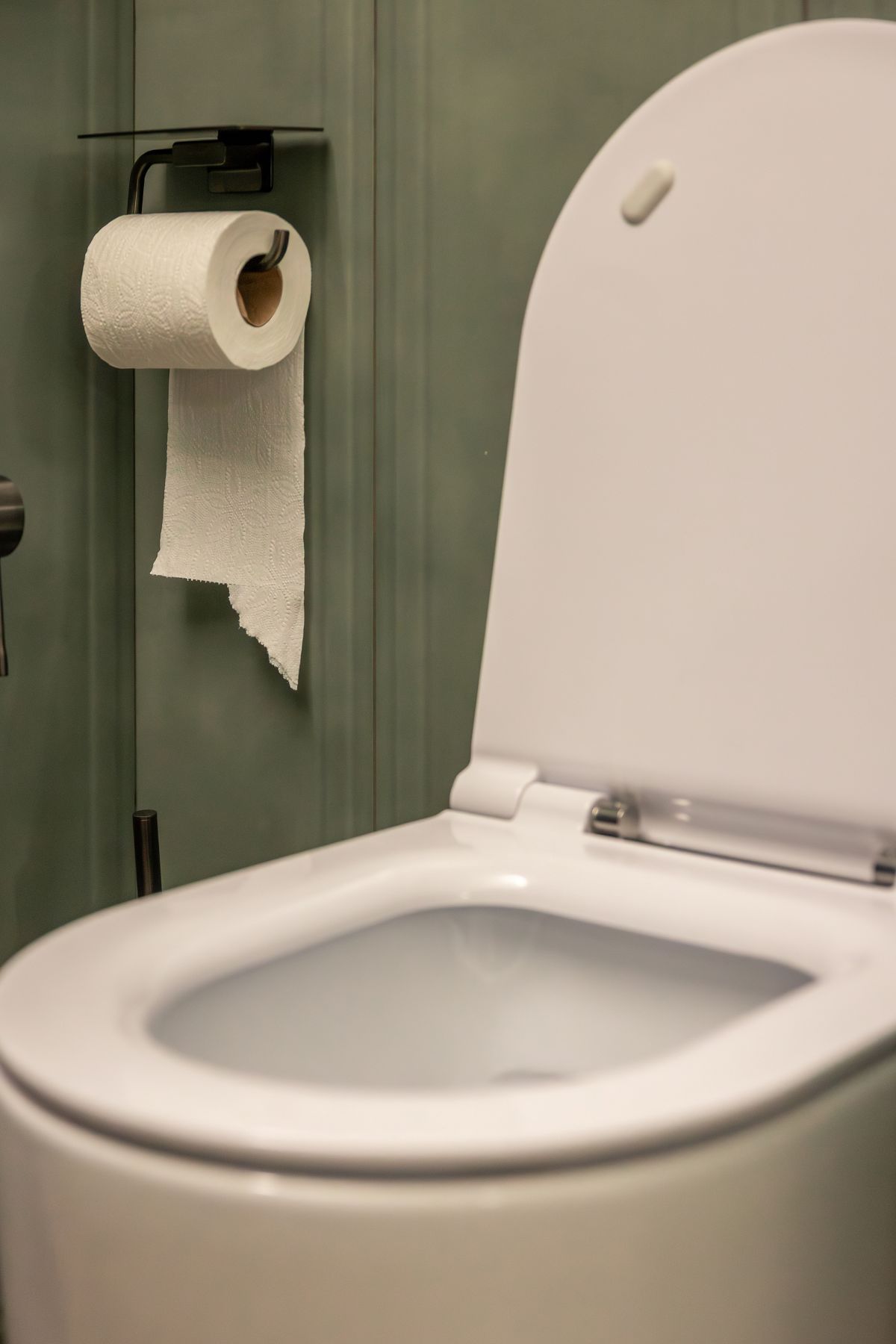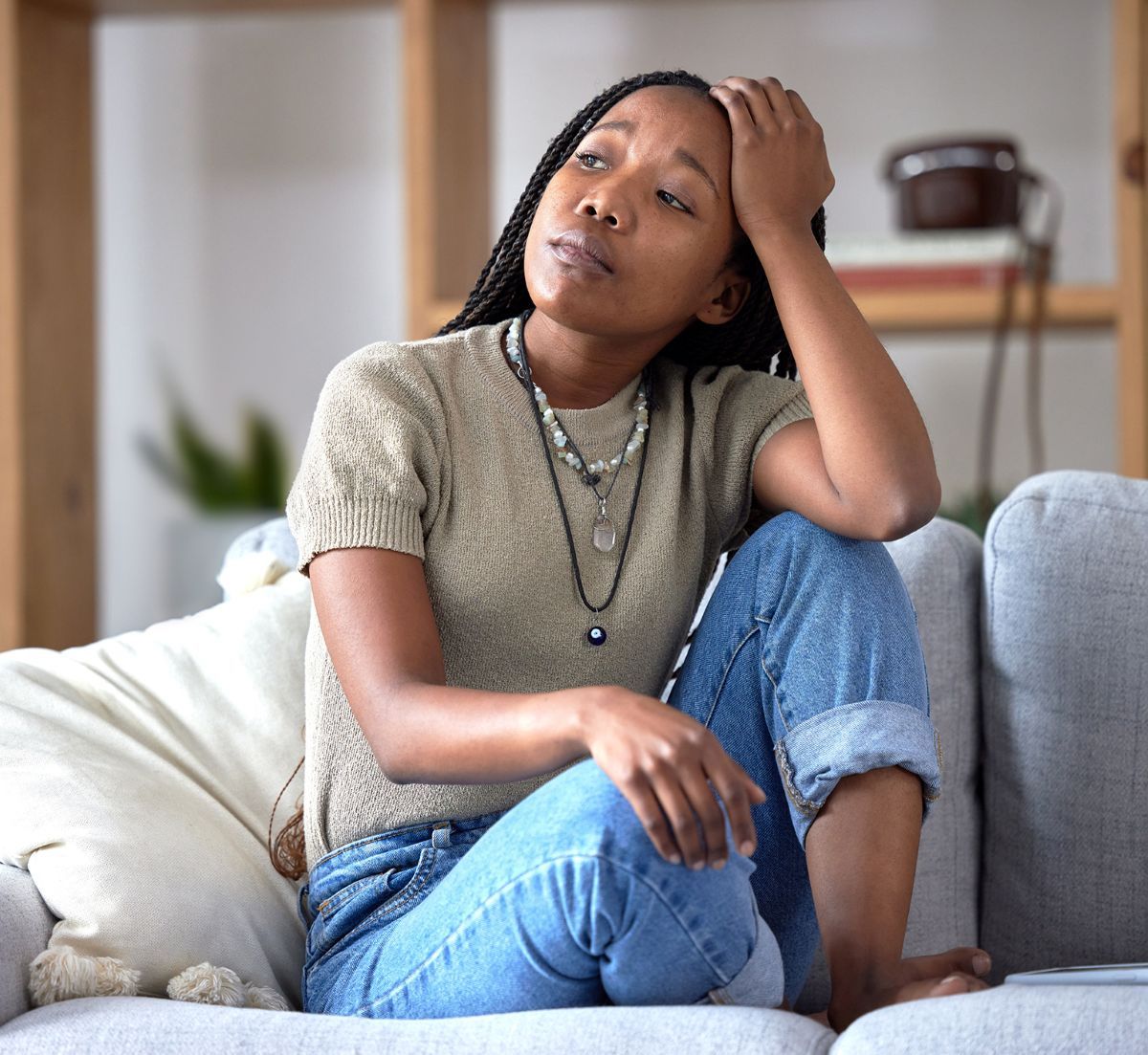Scientists are not sure why some people develop migraine while others do not. Various factors seem to raise the risk, particularly genetics.
However, longitudinal studies have also found a correlation between early exposure to stress and new migraine onset. For example, a 2019 study in Canada found that people who experienced the following during childhood were more likely to get migraine as adolescents:
family dysfunction
punitive parenting
having a parent or caregiver with symptoms of depression
The same researchers also found that adverse childhood experiences may raise the risk. These include events that can be traumatic, such as abuse or the death of a parent. More research is necessary to understand this link.
Can stress trigger migraine symptoms?
For people who already have migraine, stress can be a trigger for their symptoms. It can trigger an episode in several ways.
Stress may trigger migraine symptoms during acute stress. Alternatively, people who are accustomed to stress may experience migraine symptoms when they relax, and their stress levels suddenly drop.
Having migraine can also be stressful in itself. For some people, this may create a cycle of stress and chronic pain.
However, stress is not always a direct trigger. It can also cause symptoms or behavioral changes that result in more frequent episodes. For example, stress can result in a person:
getting less sleep
eating less regular meals
forgetting to take medications
consuming more or less caffeine than usual
developing muscle tension in the neck, back, or jaw
using substances, such as alcohol, to relieve stress
Any of these factors could contribute to more migraine episodes.
It is also worth noting that stress is very common, so it may seem to be a trigger when it is not. Keeping a migraine journal can help someone identify their triggers.
Can anxiety cause migraine headaches?
As with stress, some people find that anxiety can trigger their migraine symptoms.
People can also have anxiety because of migraine. They may worry about when the next episode will occur or feel as though they cannot control their condition.
Stress and anxiety differ in that stress occurs in response to a specific stressor, such as giving a presentation. Anxiety persists even when a person is not in a stressful situation.
However, both cause similar physical symptoms and changes in the body, which may explain why both can be migraine triggers.
Why is stress a migraine trigger?
Scientists are not sure what the exact relationship between stress and migraine is. A 2021 review of previous studies notes that although there is strong evidence that the two have a connection, it is unclear how they relate to one another.
The researchers suggest that the reason for this is that the processes that cause migraine are highly complex. Additionally, people have different responses to and coping mechanisms for stress, as well as different migraine triggers. This makes the relationship hard to study.
However, stress does cause a cascade of changes in the body that affect hormone levels, the nervous system, and the brain. It is possible that this process makes migraine onset more likely or increases the frequency or severity of symptoms.
If a person has concerns that stress is contributing to their migraine symptoms, they can take steps to reduce or manage it.
Stress and anxiety may trigger migraine symptoms for some people. Other stress-related factors, such as difficulty sleeping, muscle tension, and changes in routine, could also contribute.
Scientists are not sure exactly how stress causes migraine or whether stress could play a role in the onset of the condition. However, it is clear that there is a relationship.
People may find relaxation techniques, biofeedback, or therapy helpful for avoiding this migraine trigger. Anyone who needs support can speak with a migraine specialist about integrating these therapies into a treatment plan.
Source: https://www.medicalnewstoday.com/articles/can-stress-cause-migraines?
Medically reviewed by Susan W. Lee, DO — adapted from an article written by Amy Murnan on August 11, 2022










